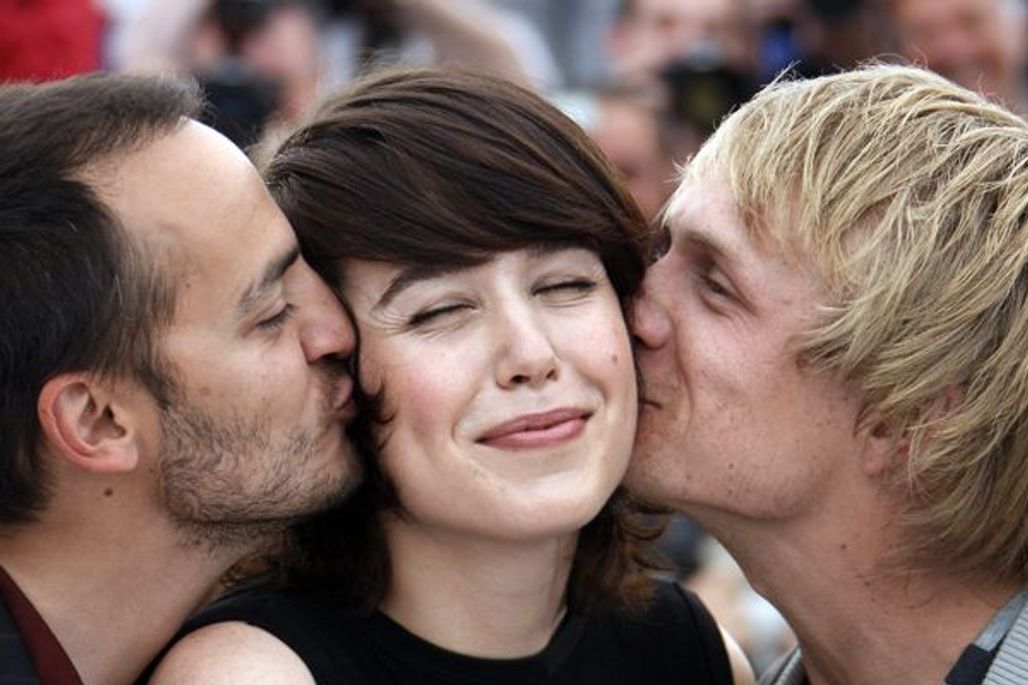
Press Conference: “Lorna’s Silence”

In conjunction with the in-Competition screening of Lorna’s Silence, the film’s Belgian directors Jean-Pierre and Luc Dardenne, producer Denis Freyd, and actors Arta Dobroshi, Jérémie Renier, Fabrizio Rongione, and Alban Ukaj held a press conference today. Highlights follow:
Jean Pierre Dardenne, on their intentions: “What interested us was telling the story of human beings from elsewhere, living in Western Europe. That’s mainly Lorna, and Sokol. How they manage – by means that we cannot exactly approve – to obtain what they think is their share of happiness… We wanted this Lorna to remain human, with her dark side, her paradoxes, her contradictions, and her silence. But it’s a beautiful silence, because it will ‘give birth’ to something, if I may say.”…
Luc Dardenne, on the shooting technique: “Our camera work was much calmer, because we wanted to watch Lorna. So the idea was not to keep up with her, trying to be inside her energy. What we wanted to do with our camera was more recording than writing.”
The actors, on working with these directors:
Arta Dabroshi: “Working with Jean-Pierre and Luc is a great pleasure… First, you have rehearsals, one and a half months, and for the actors, it’s heaven. Every day, we discovered new things about the character.”
Alban Ukaj: “Directors a lot of time like to give their own examples, and in this case, it was the opposite. It was the actors who were giving examples, and the Dardenne brothers were drawing upon them. So it was really, really great. At some moment, I lost my feeling about cinematography, and I was more focused on theater.”
Luc Dardenne, on working as a pair: “We talk to each other a lot, to write the screenplay. Then we do the casting ourselves, the two of us. On the set, we first work for a long time with the actors, without anyone else around. After that, when we sense that the shot is almost there, we call the cameraman, the director of photography, the sound engineer, and the production designer, if necessary. At that point, one of us will go off to watch the video monitor, and be quiet. Once the sequence has been shot, my brother and I discuss it in front of the monitor. Usually, no one is with us then. Next, the brother who is in charge of the shot discusses it with the rest of the crew. During editing and mixing, both of us are supervising. It’s not any more complicated than working alone. In fact, maybe it’s even simpler for us – otherwise, we wouldn’t have kept doing it.”
Jean-Pierre Dardenne on the differences between Lorna and the characters in their previous films: “Before we started the script, we set a guideline for ourselves: if we want to write a story that is related to the ones we’ve already told, the character must follow a different path this time. We knew it would be a woman; we knew the crime story it would be based on; but we also knew that her journey would have to be different from the ones our earlier characters had made. Even though all the characters in our films become more human in the end… That’s also the case with Lorna, but differently.”


